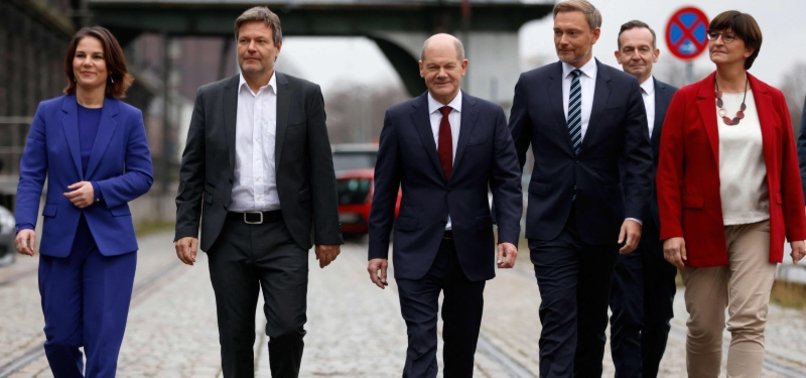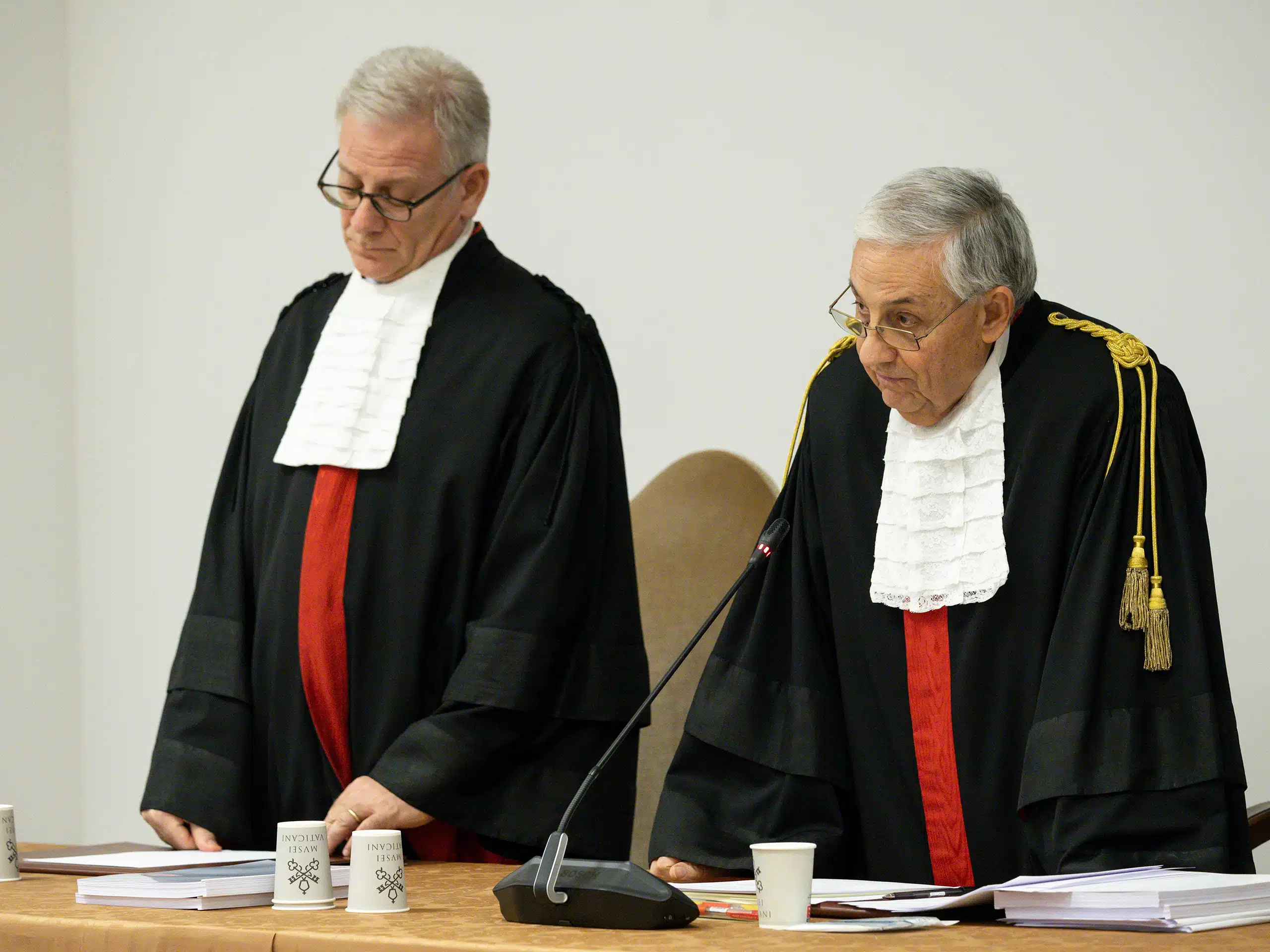The SPD And The New German Coalition: A Comprehensive Overview

Table of Contents
The Social Democratic Party of Germany (SPD), one of Germany's oldest and most influential political parties, boasts a rich history rooted in social justice and workers' rights. From its origins in the late 19th century to its numerous periods in government, the SPD has consistently shaped German policy. This article aims to dissect the SPD's role and influence in the current coalition, examining its successes, compromises, and the challenges it faces in the years ahead.
The SPD's Role in Coalition Formation
The formation of the new German coalition was a protracted and complex negotiation, involving the SPD, the Greens, and the FDP (Free Democratic Party). Months of intense bargaining and compromise were necessary to forge a coalition agreement that addressed the diverse policy priorities of each party. The SPD, as a major player, had to navigate its own internal divisions while simultaneously negotiating with its coalition partners. This process involved significant concessions on several key policy issues, demonstrating the need for flexibility and compromise in coalition politics.
- Policy Influence: The SPD secured significant influence in areas crucial to its platform, including social justice, climate change, and strengthening the social safety net.
- Key Figures: Olaf Scholz, as the SPD's candidate for Chancellor, played a pivotal role, alongside key negotiators within the party, shaping the coalition's direction.
- Negotiating Strategy: The SPD's negotiating strategy involved a careful balancing act, aiming to secure key policy commitments while maintaining its core values and appealing to its voter base. While some might criticize certain compromises, the overall outcome reflects a pragmatic approach to coalition building.
Key Policy Positions of the SPD within the Coalition Agreement
The SPD's core priorities are clearly reflected in the coalition agreement. This section delves into the SPD's influence on specific policy areas.
Climate Change Policy
The SPD championed ambitious climate action within the coalition. Their commitment to climate neutrality by 2045, a faster phase-out of coal power, and significant investments in renewable energy technologies are significant wins for the party's environmental agenda. The coalition agreement includes concrete targets for emission reduction and aims to transition Germany towards a sustainable future. The effectiveness of these policies and their ability to achieve the ambitious targets for climate neutrality will be crucial factors in evaluating the coalition’s success.
Social Justice and Welfare
The SPD's emphasis on social justice significantly shaped the coalition's approach to social welfare programs. The agreement includes measures aimed at improving social security, strengthening unemployment benefits, and tackling income inequality. These policies, essential to the SPD’s core values, aim to improve the lives of vulnerable populations and create a more equitable society. Success in these areas will rely on robust implementation and sufficient funding to achieve the desired impacts on social security and income inequality.
Economic Policy
The SPD’s contributions to the coalition’s economic policies focused on sustainable and inclusive growth. The agreement outlines plans for strategic investments in infrastructure, digitalization, and education, reflecting the SPD’s commitment to long-term economic prosperity. Fiscal policy measures aim to achieve a balance between economic growth and fiscal sustainability, a key challenge for the coalition given the significant financial implications of its numerous policy initiatives. The successful implementation of these plans will be vital to ensuring economic stability and growth.
Challenges Facing the SPD within the Coalition
Despite its successes, the SPD faces considerable challenges within the coalition. Internal disagreements regarding the specifics of policy implementation and the need for compromise are unavoidable in any coalition. Balancing the SPD's core values with the diverging interests of its coalition partners (the Greens and the FDP) requires constant negotiation and compromise.
- Policy Disagreements: Potential disagreements could emerge on the speed and scale of climate change action, the extent of social welfare spending, and the specifics of economic policy.
- Balancing Core Values: Maintaining the SPD's identity while compromising on certain policy aspects to secure coalition unity is a delicate balancing act.
- Public Opinion: The SPD's approval ratings and public perception will be significantly influenced by the coalition's performance and the successful implementation of its policies.
The SPD's Future Prospects within the German Political Landscape
The new coalition presents both challenges and opportunities for the SPD's long-term political prospects. The success or failure of the coalition's policies will directly influence the SPD's standing in future elections. The ability of the SPD to effectively deliver on its policy commitments and maintain public support will determine its ability to remain a dominant force in German politics.
- Electoral Consequences: The coalition's performance will inevitably have an impact on voter sentiment towards the SPD in upcoming elections. Successful policy implementation and effective communication will be crucial.
- Solidifying Influence: The SPD has an opportunity to consolidate its influence within the German political system by effectively addressing key social and economic issues and demonstrating its leadership within the coalition.
- Public Image: Maintaining a positive public image and addressing any criticism effectively are paramount for the SPD's future success.
Conclusion: The SPD and the New German Coalition: A Lasting Impact?
The SPD's role in the new German coalition is multifaceted and complex. While the party has secured influence in crucial policy areas, challenges remain. The success of the SPD, both within the coalition and in the broader German political landscape, hinges on its ability to navigate these challenges while effectively communicating its achievements to the electorate. The coming years will be critical in determining the long-term impact of this coalition and the SPD's enduring influence on German politics. To learn more, explore resources from the SPD's official website, reputable news sources covering German politics, and engage in discussions using #GermanPolitics #SPD #GermanCoalition. Understanding the SPD and the New German Coalition is vital for comprehending the future trajectory of German politics.

Featured Posts
-
 Daily Horoscope For April 17 2025 Your Zodiac Signs Predictions
May 01, 2025
Daily Horoscope For April 17 2025 Your Zodiac Signs Predictions
May 01, 2025 -
 Cardinal Becciu New Findings Cast Doubt On Conviction
May 01, 2025
Cardinal Becciu New Findings Cast Doubt On Conviction
May 01, 2025 -
 The Target Dei Controversy A Study In Brand Perception And Consumer Behavior
May 01, 2025
The Target Dei Controversy A Study In Brand Perception And Consumer Behavior
May 01, 2025 -
 Kampen Start Kort Geding Tegen Enexis Voor Stroomaansluiting
May 01, 2025
Kampen Start Kort Geding Tegen Enexis Voor Stroomaansluiting
May 01, 2025 -
 Italy Vs France Six Nations Result Leaves Ireland Worried
May 01, 2025
Italy Vs France Six Nations Result Leaves Ireland Worried
May 01, 2025
